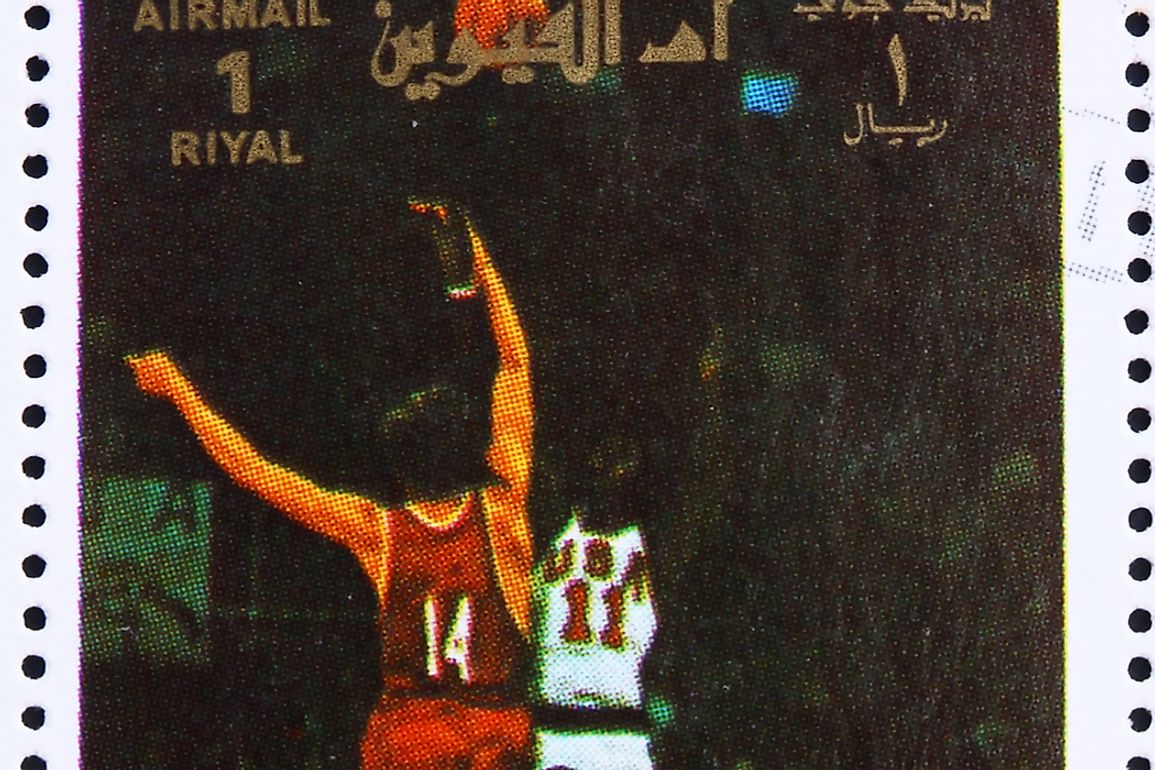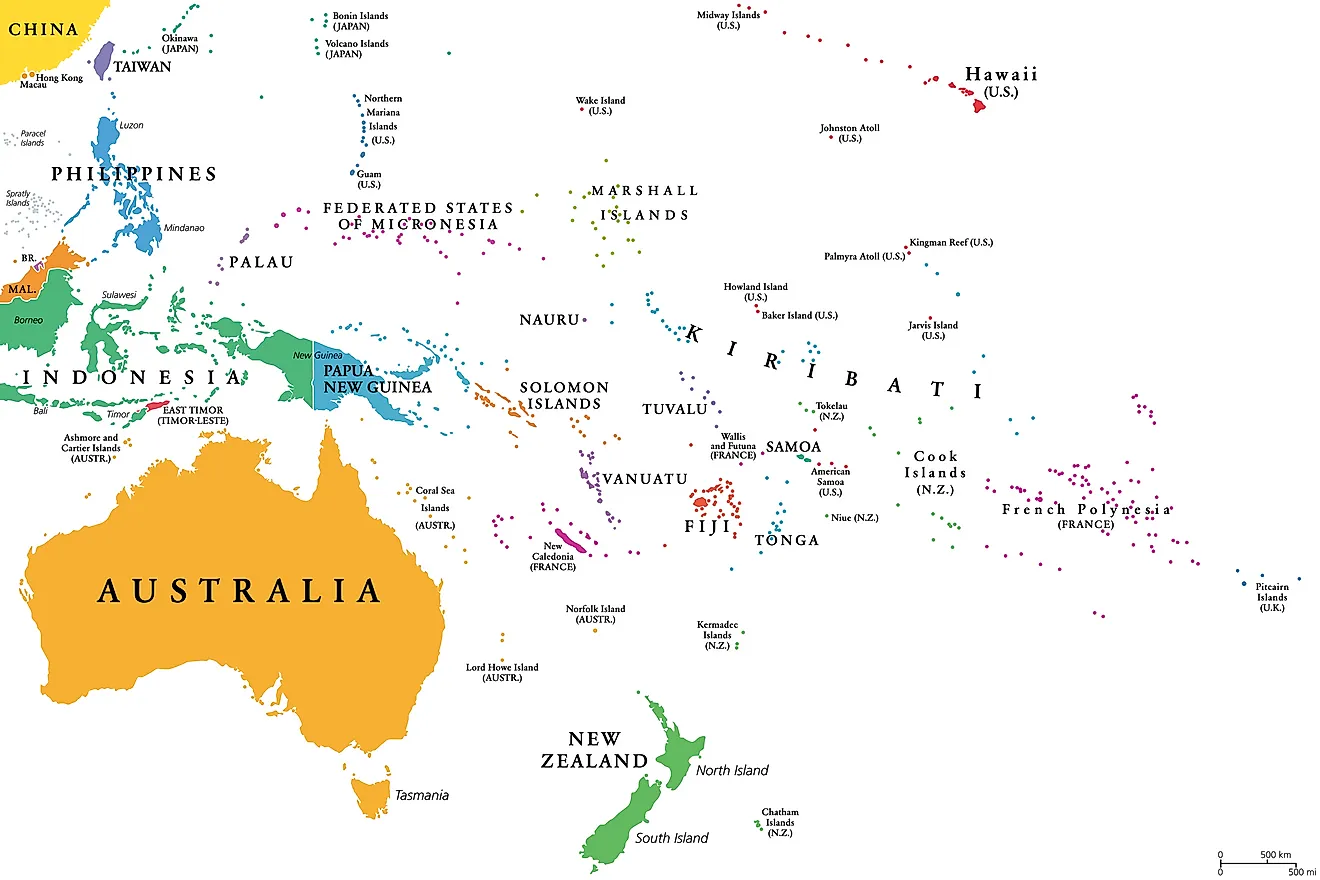1972 Olympic Basketball

The 1972 Olympics basketball finals in Munich remains one of the most controversial Olympic games in history. Controversies of this match took both a sporting and political angle at the time since the two finalists, team USA and team USSR, came from a background of political competitions by virtue of them being the two most powerful nations on earth. The controversy happened in the “final three seconds.”
Final Six Minutes
The US team came to the Munich Olympics as the favorite with a long-standing unbeaten Olympic record. Team USSR was equally strong with a solid background of winning and actually posed a threat to the defending champions. The Soviet’s had led the scoring for the entire game until the last six minutes when the US coach called for a timeout to motivate his team that, at the time, trailed the Soviets by 8 points. On coming back, the US managed to cut the Soviet’s lead to a single point. In the last half minute, the Soviet’s error gifted Doug Collins a chance and just as he was about to shoot and make two points, Zurab Sakandelidze fouled him. By then, only three seconds of play remained.
Three Seconds
The referee awarded Collins two free throws and he tied the game at 49 with his first throw. Drama unraveled as Collins lined up to make his second free throw, as the ball was midair, the horn went off and the Soviets’ coach frantically called for timeout simultaneously. Douglas made the score. Time offs at that point in the game were against the rules and the referee denied the coach’s call. As the Soviets rushed in an effort to equalize, their coach stood up from the bench and confronted the referee who stopped the game. Technically, the coach could not stand at that particular time. The coach argued with the referee and as captured by the official footage, the then head of International Basketball Federation, William Johns, stood up and signaled the officials with three fingers to indicate the time left. Various non-official sources claim that Johns, a Briton, believed that the US monopoly of international basketball could stifle the sport and that he had previously insinuated that if given a chance, he would change the outcome. Johns had no authority in that situation and the referee ruled that the Soviet coach could not call for a timeout, therefore, returned the initial inbound play while the clock was being reset to three seconds.
Another Three Seconds
Although the rules did not allow substitution at such a time, somehow, the Soviets made an effective substitution. The referee immediately started the game without a clue that the table was waving at him to wait until they had reset the clock. In the confusion of the moment, the Soviet team started the inbound play and the final buzzer went off. Surprisingly, during this time most US broadcasters captured the play whereas the Soviet broadcasters fixed on the clock that was still not reset. Team USA and fans celebrated as none knew of the confusion. Officials informed all the players one by one because of the chaos and it took several minutes before they all learned of this development and for the fans to clear.
Final Three Seconds
Officials finally reset the clock to three seconds and on this inbound play, the irregular substitute that the Soviet team used made the difference as he effected in a long pass to the other end of the court where a player skillfully made a score just before the horn went off. Just like that, the Soviet team had won gold.
The Aftermath
The US coach refused to sign the official score sheet and immediately appealed the outcome by citing FIBA rules. With three of the five jury bench men being from Soviet-leaning nations, the US lost the appeal two to three. The whole US team refused to accept the medals (a first in Olympic history) to date. One of the players included in his will that none of his descendants should ever accept the medal on his behalf. At the award ceremony, only the USSR and Cuba who won bronze were present. There have been several failed attempts to award the medals over the years although several investigations fail to reveal the locations of the medals to date. Normally, IOC deposits uncollected medals in the Swiss Bank but was unaware of the medal locations until 1992 when NBC investigations found Ernst Knoesel (former Munich Olympic Organizing Committee member) who revealed that he had the medals in the basement of his house. On checking them, he could only account for seven medals whose authenticity were questionable because the original ones had engravings and these did not have any. The IOC took the seven medals but remained equally skeptical if they were real.







